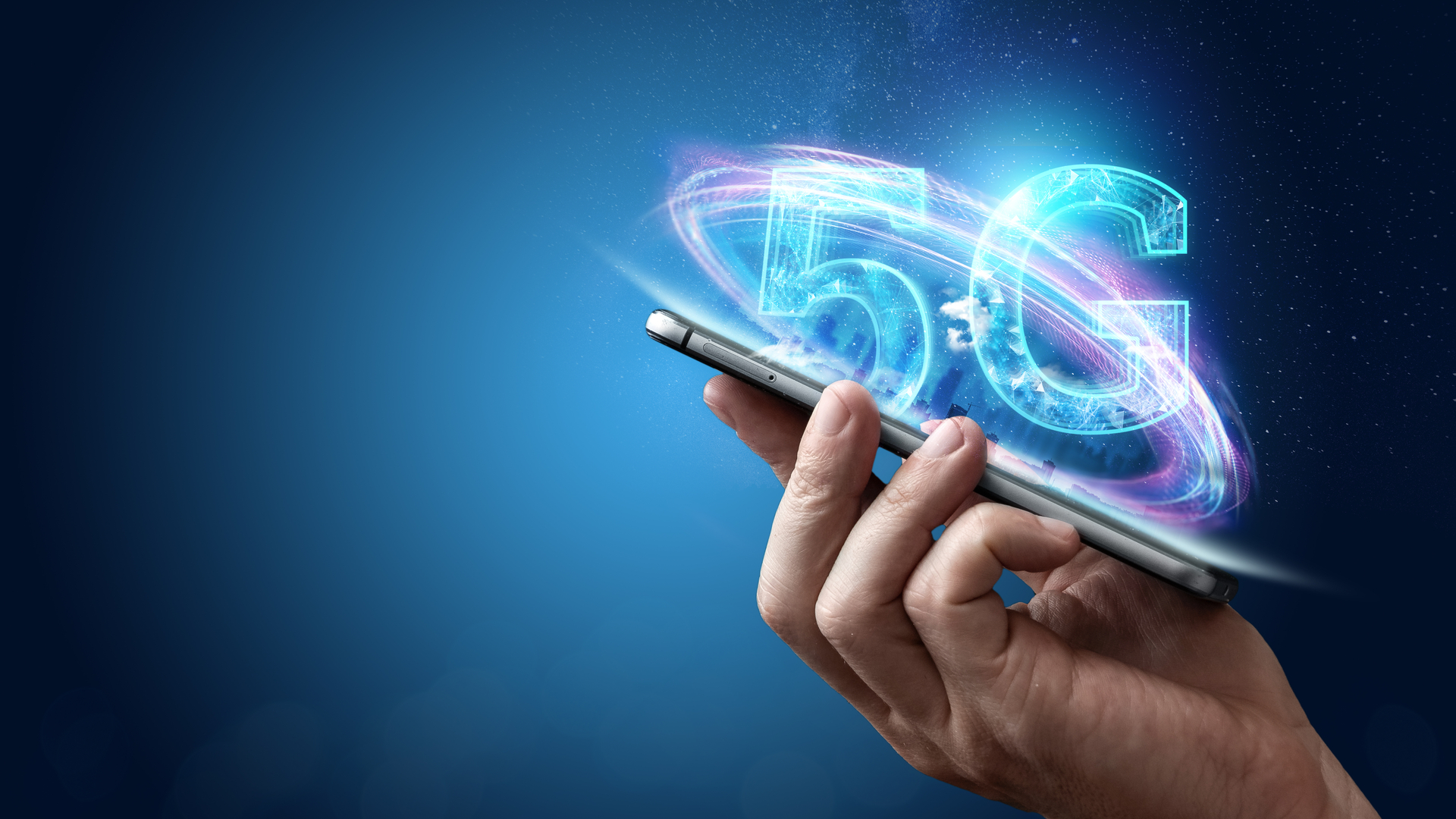5G to create 23 trillion pound consumer market
Ericsson identifies major 5G opportunities for operators

Consumers are willing to pay a smaller premium for 5G services than they were a year ago, but next-generation networks are still projected to create a $31 trillion (£23tn) consumer market by 2030.
Research from Ericsson found that the impact of coronavirus on personal finances has impacted financial priorities and how much people were prepared to pay for 5G services. In early 2019, a 20% premium was viewed as acceptable, but this has fallen to 10%.
Nonetheless, Ericsson says operators should be enthused by the fact that a third of early adopters are still willing to pay a 20% premium and that the long-term revenue opportunities will pay dividends.
Ericsson 5G
Although 5G is expected to be transformative for businesses and public services, Ericsson says enhanced consumer services will be a significant market for operators.
Faster speeds, greater capacity, and lower latency, coupled with features like network slicing and edge computing, will enable applications such as Augmented Reality, Virtual Reality, and cloud gaming.
Ericsson believes that operators can capture $3.7 trillion in 5G-enabled consumer revenues by end of the decade, especially if they proactively drive adoption and successfully market new use cases. Operators that do so could increase 5G ARPU by a third and increase revenues by an annual rate of 2.7%. This compares with the flat revenue gains that will come from a passive approach.
“This is the first time that Ericsson has presented a revenue forecast for the 5G consumer market, which remains the core business of communications service providers,” said Jasmeet Singh Sethi, Head of ConsumerLab, Ericsson Research.
Sign up to the TechRadar Pro newsletter to get all the top news, opinion, features and guidance your business needs to succeed!
“Through our research, we have highlighted the role of use case development, tariff innovation, quality 5G coverage and ecosystem partnerships to unlock the true potential of this market. It is clear that 5G will drive enormous opportunities for CSPs in consumer business over the decade. As this journey is already underway, those CSPs that quickly and proactively evolve their consumer propositions are likely to be bigger winners.”
Ericsson’s own revenues have been boosted by demand for 5G equipment and has been one of the main beneficiaries of Huawei’s well-documented difficulties. The Swedish firm now has more than 100 commercial 5G agreements, covering both radio and core network technologies.
- Here are the best mobile phone deals around today
Steve McCaskill is TechRadar Pro's resident mobile industry expert, covering all aspects of the UK and global news, from operators to service providers and everything in between. He is a former editor of Silicon UK and journalist with over a decade's experience in the technology industry, writing about technology, in particular, telecoms, mobile and sports tech, sports, video games and media.